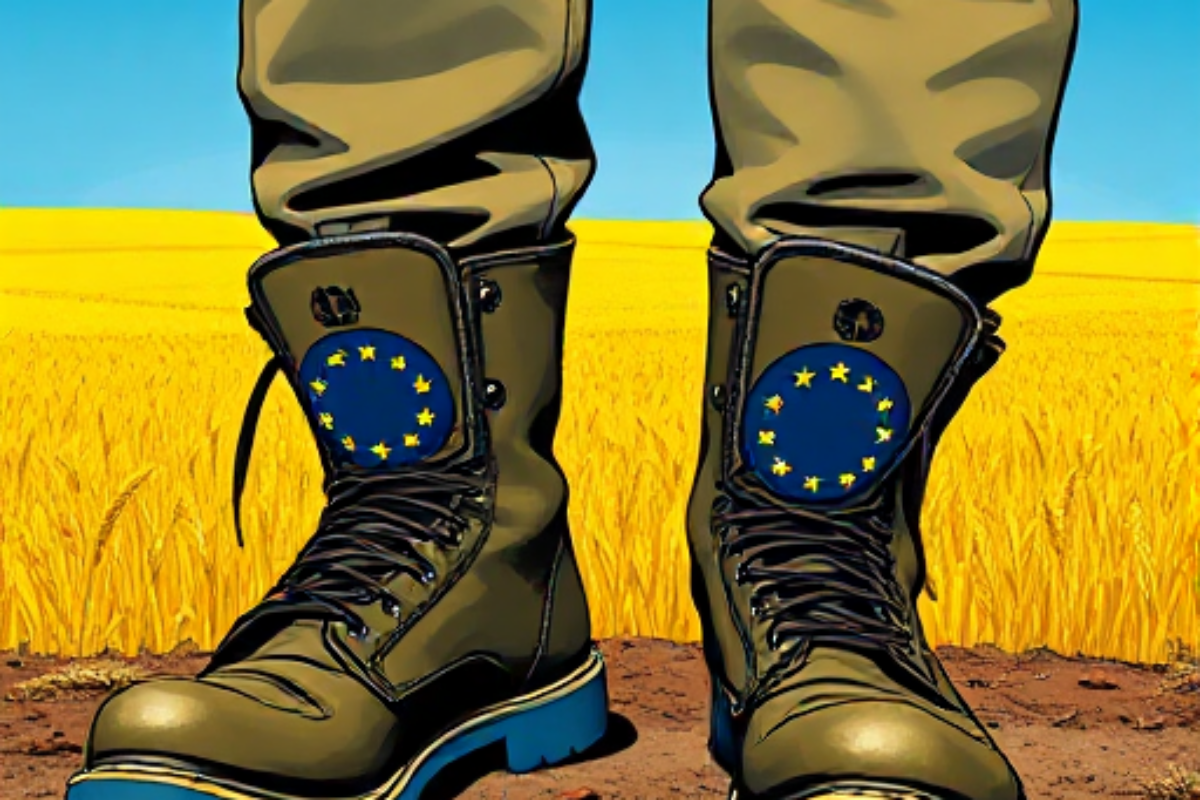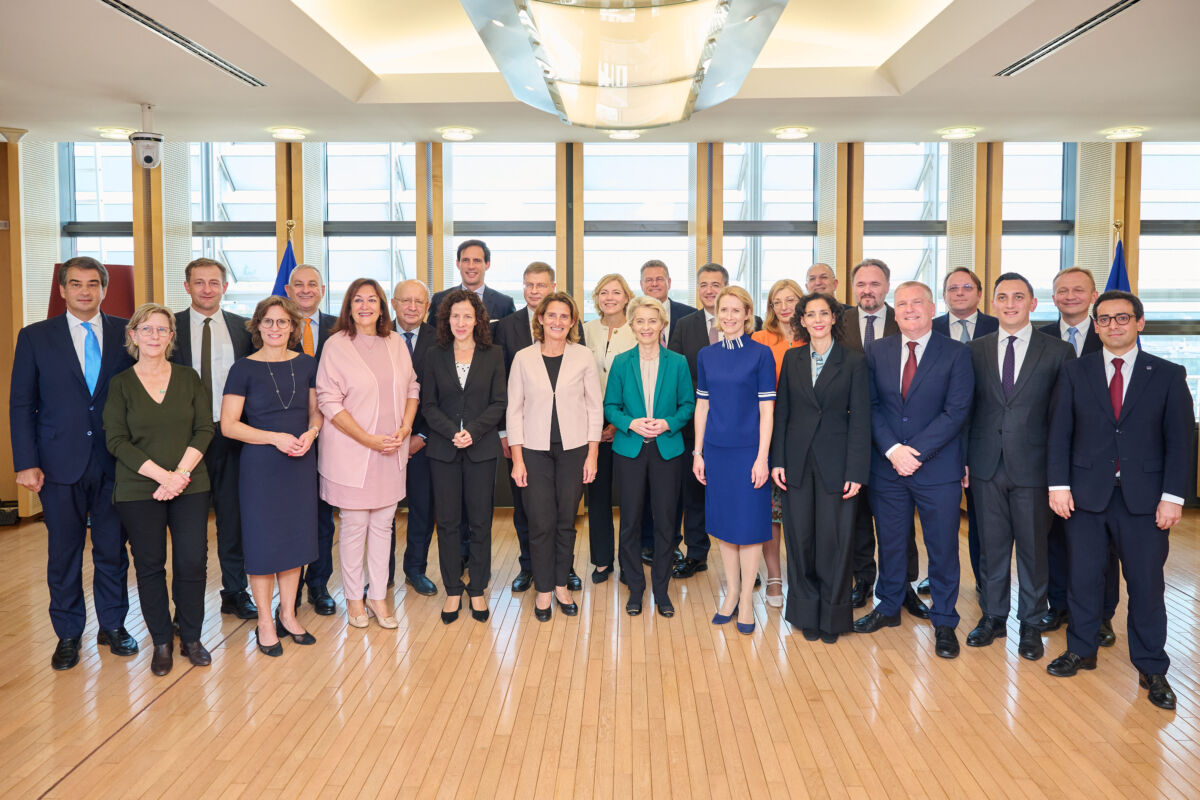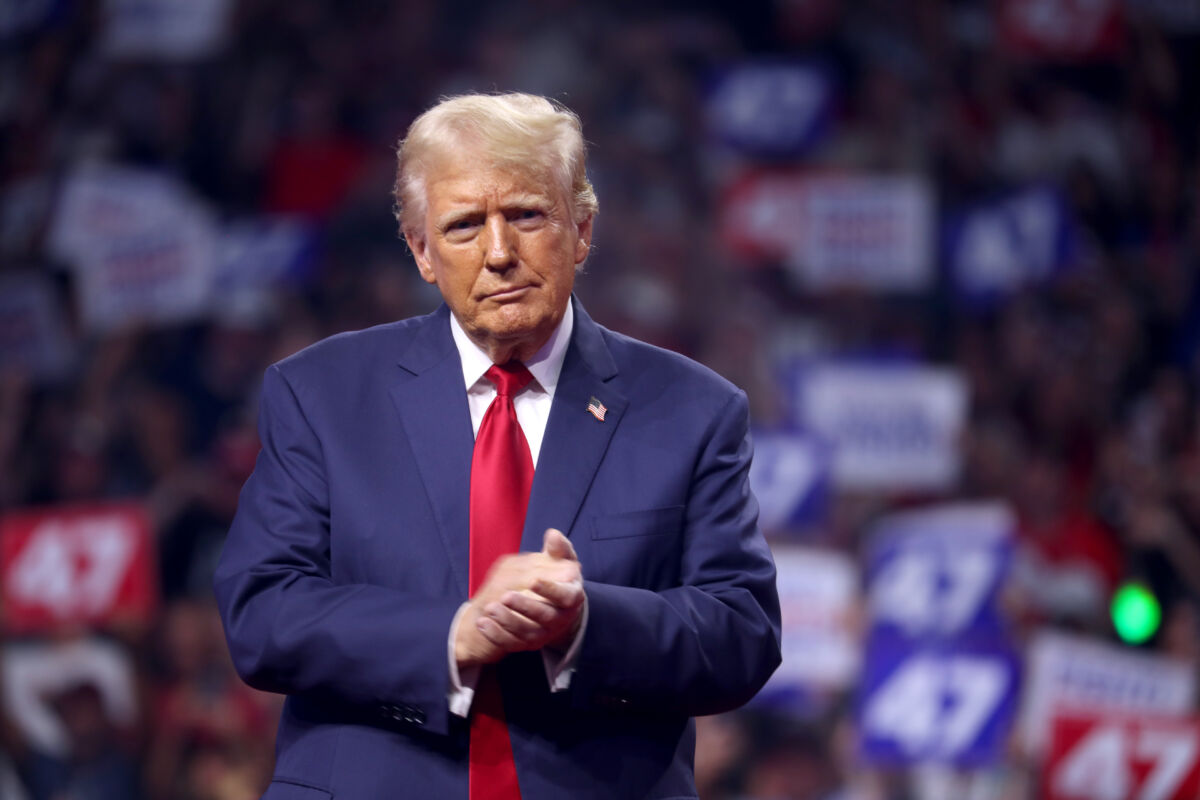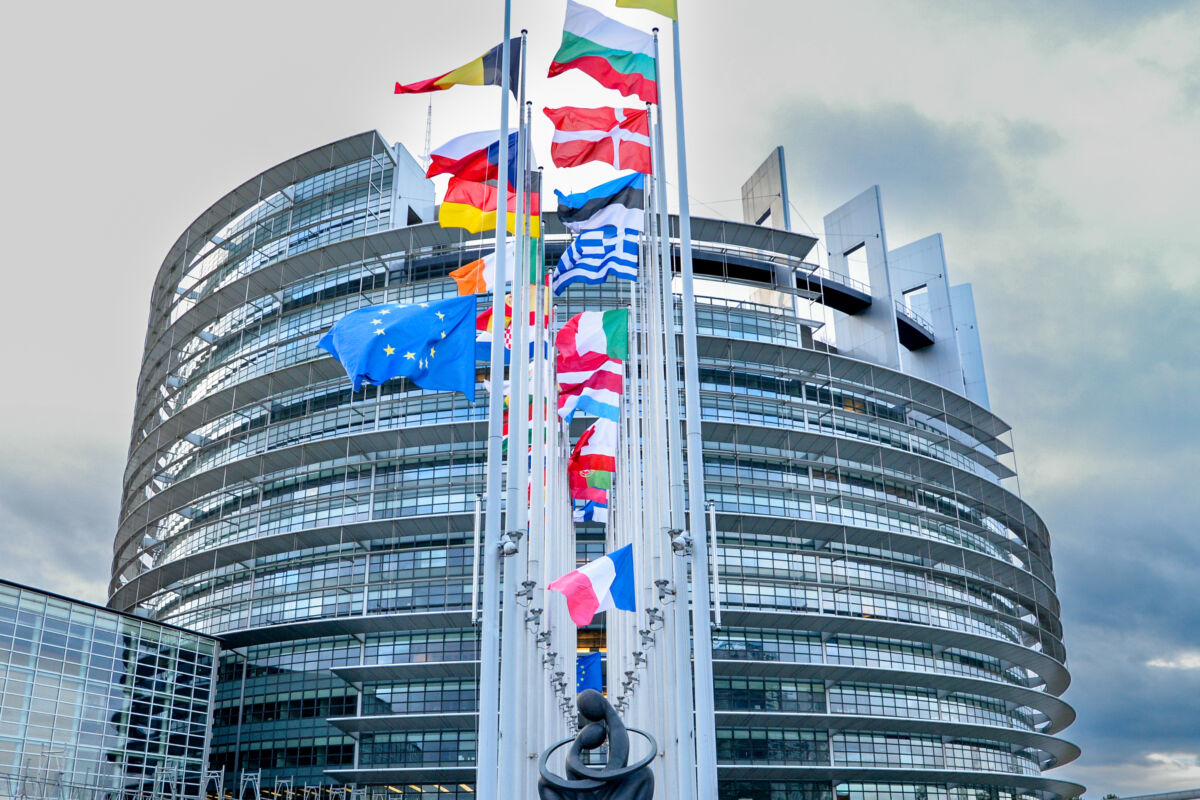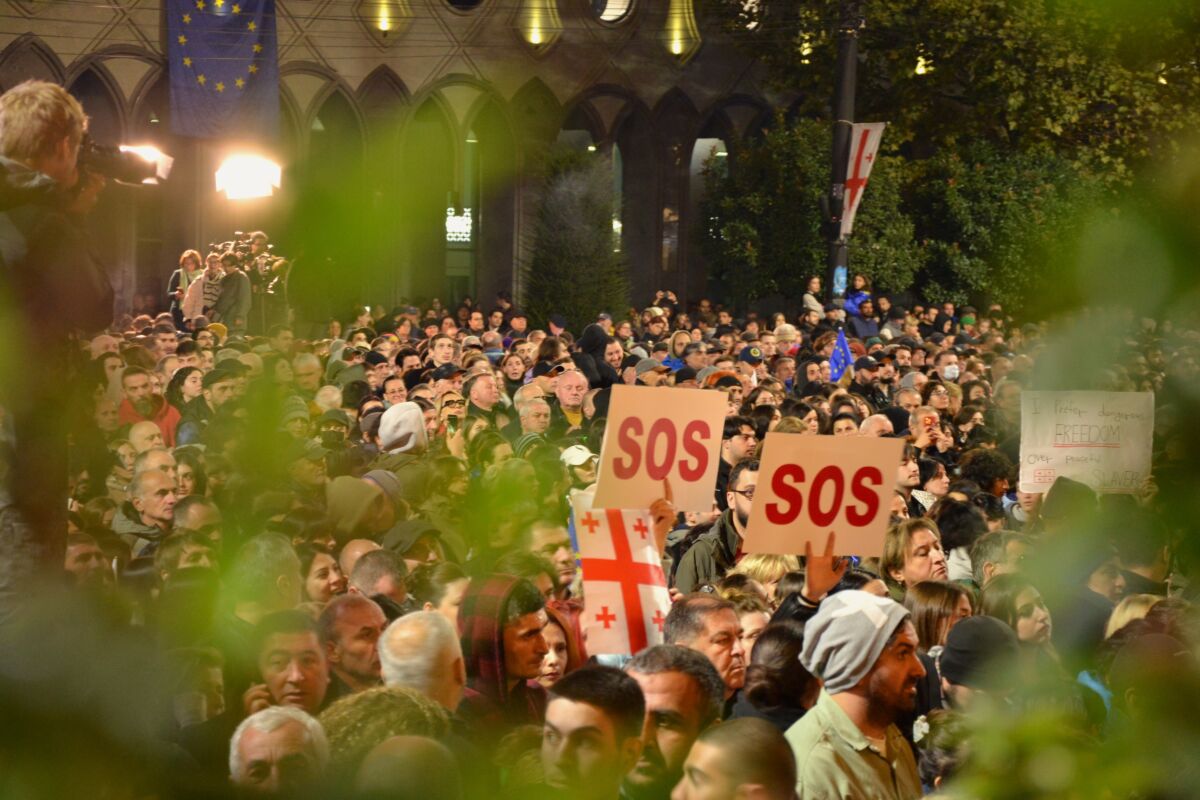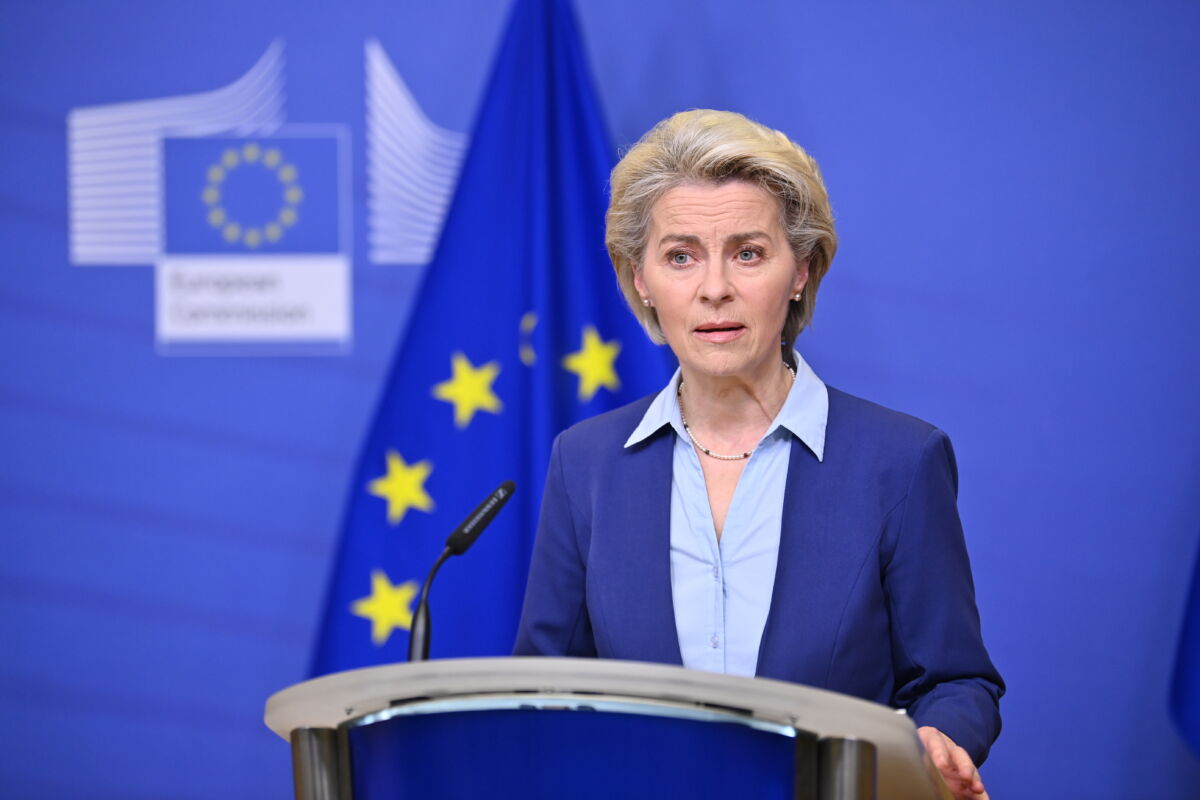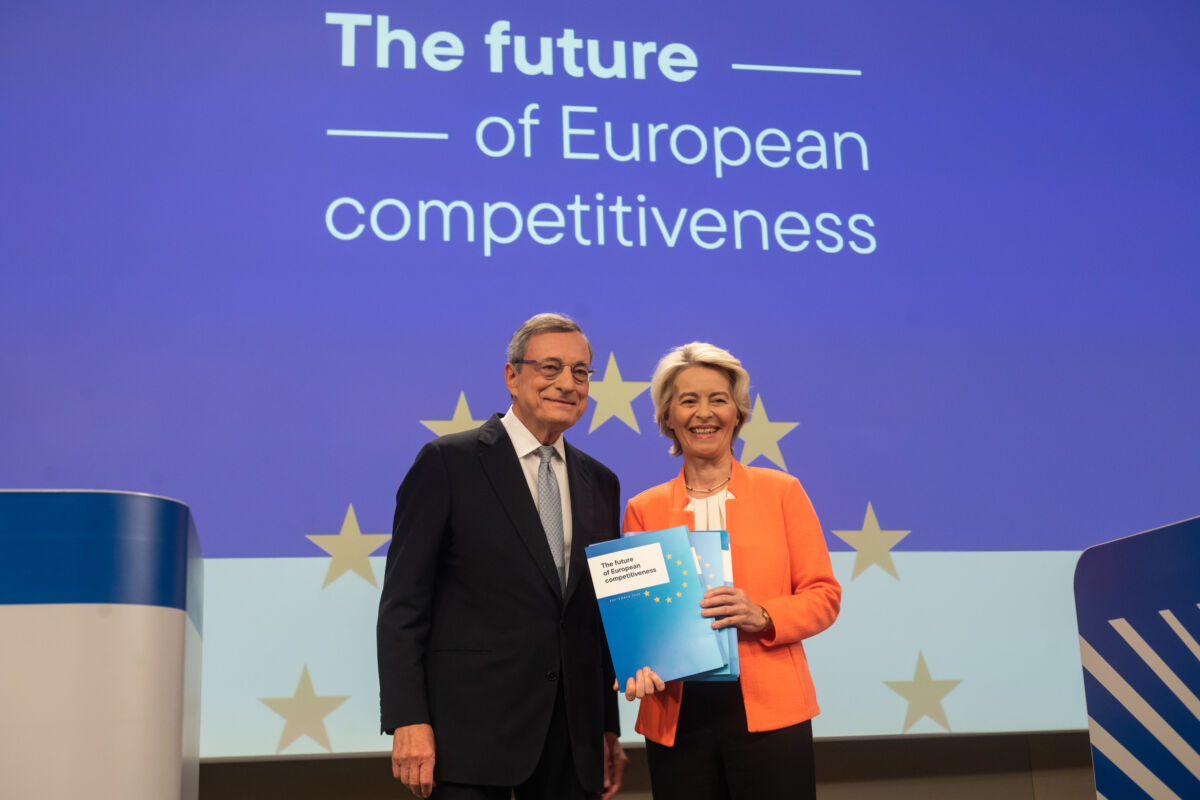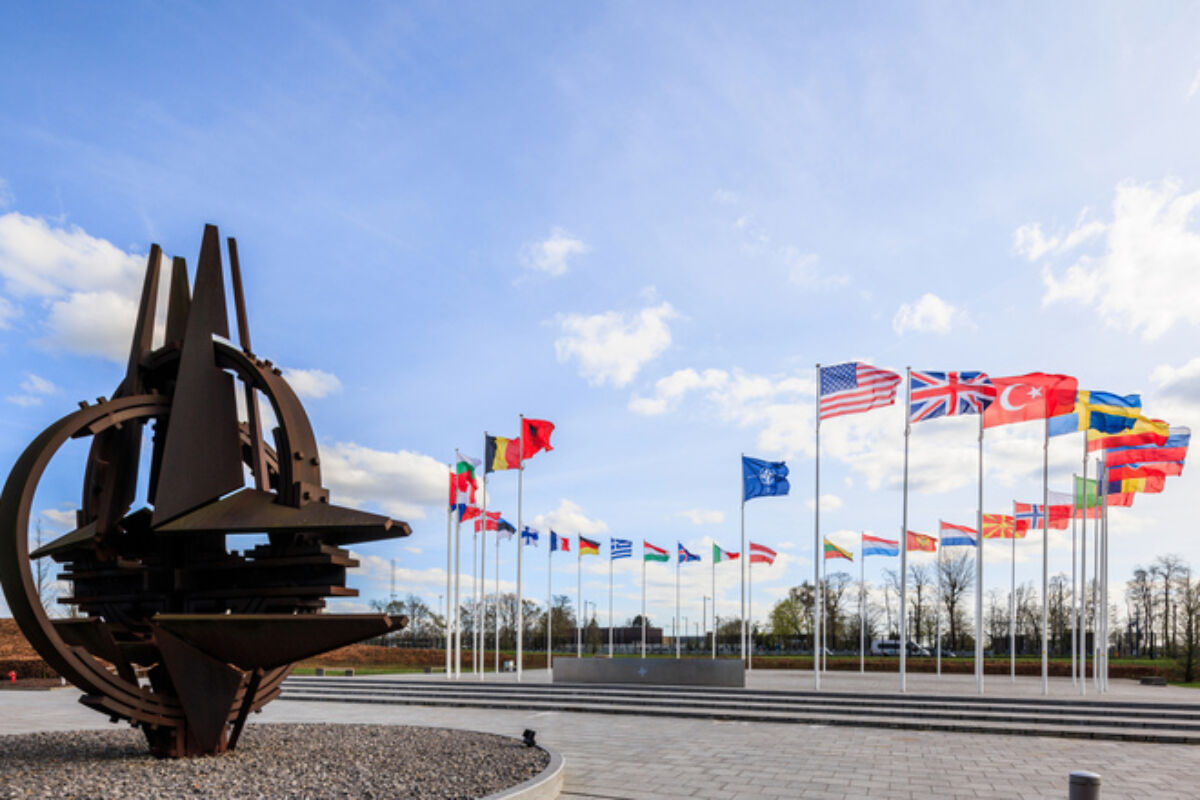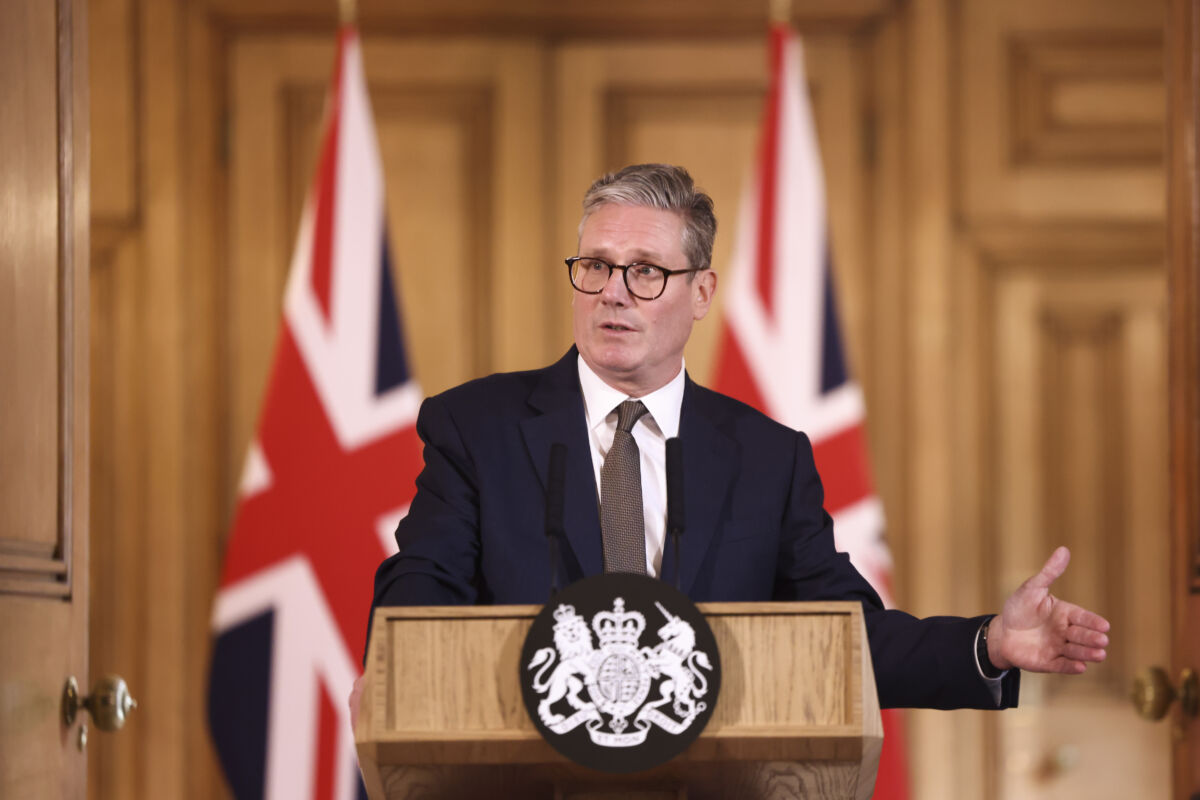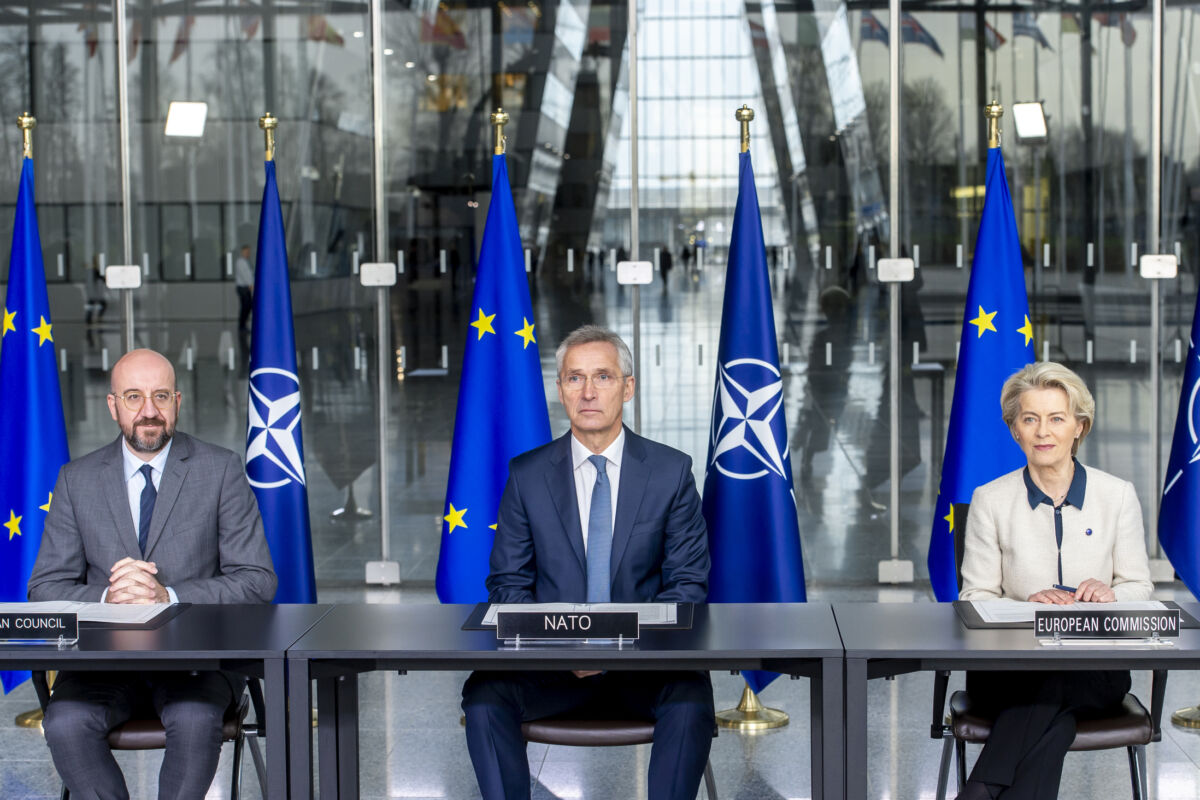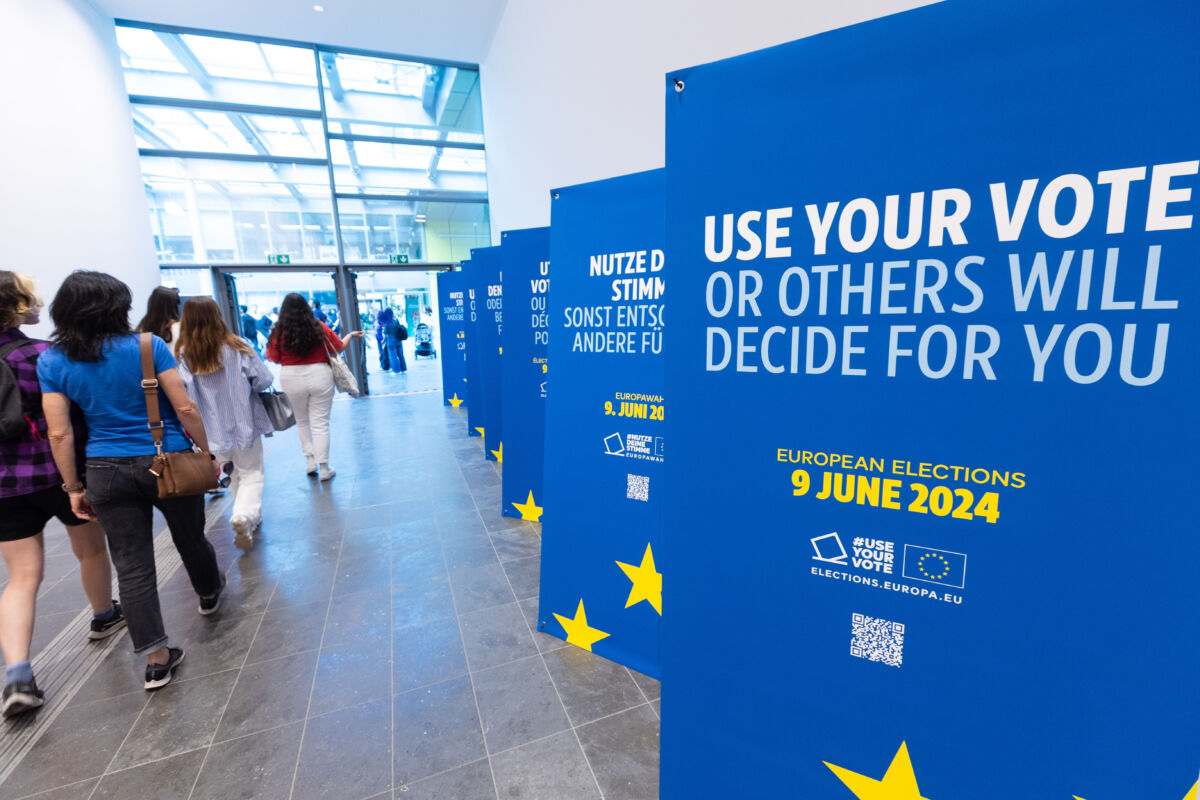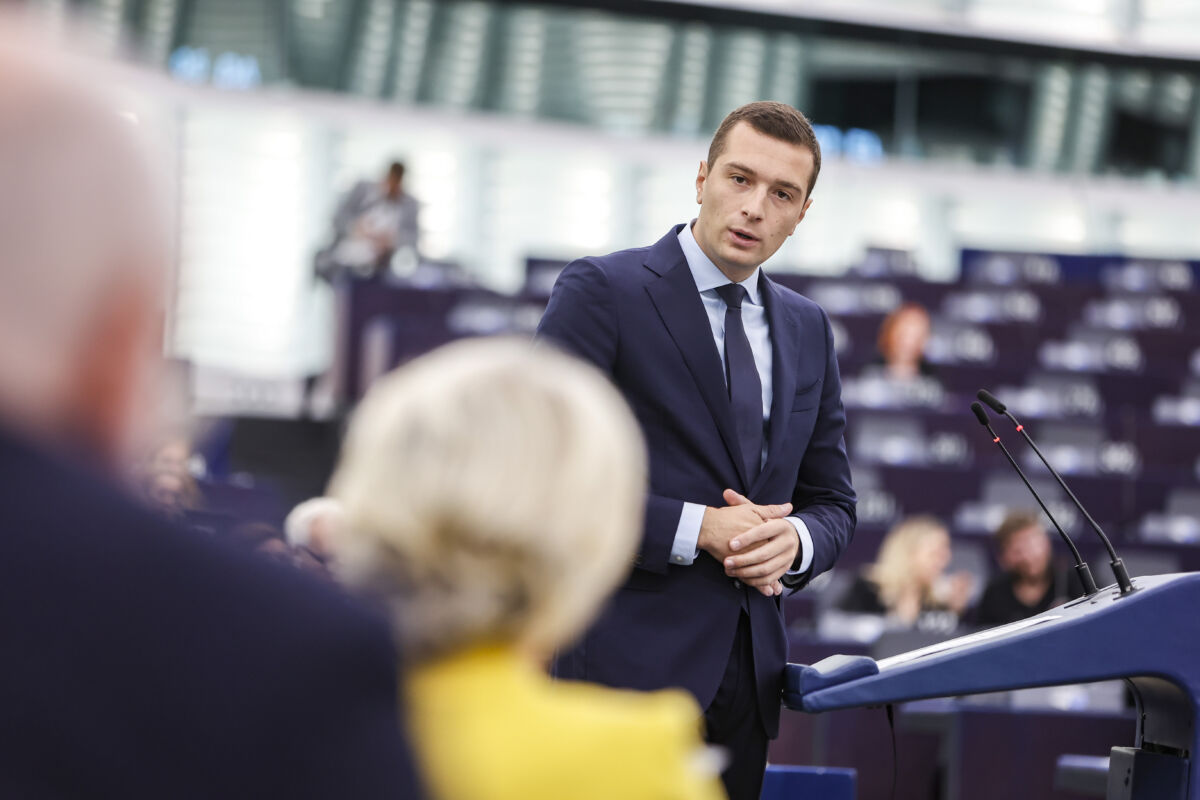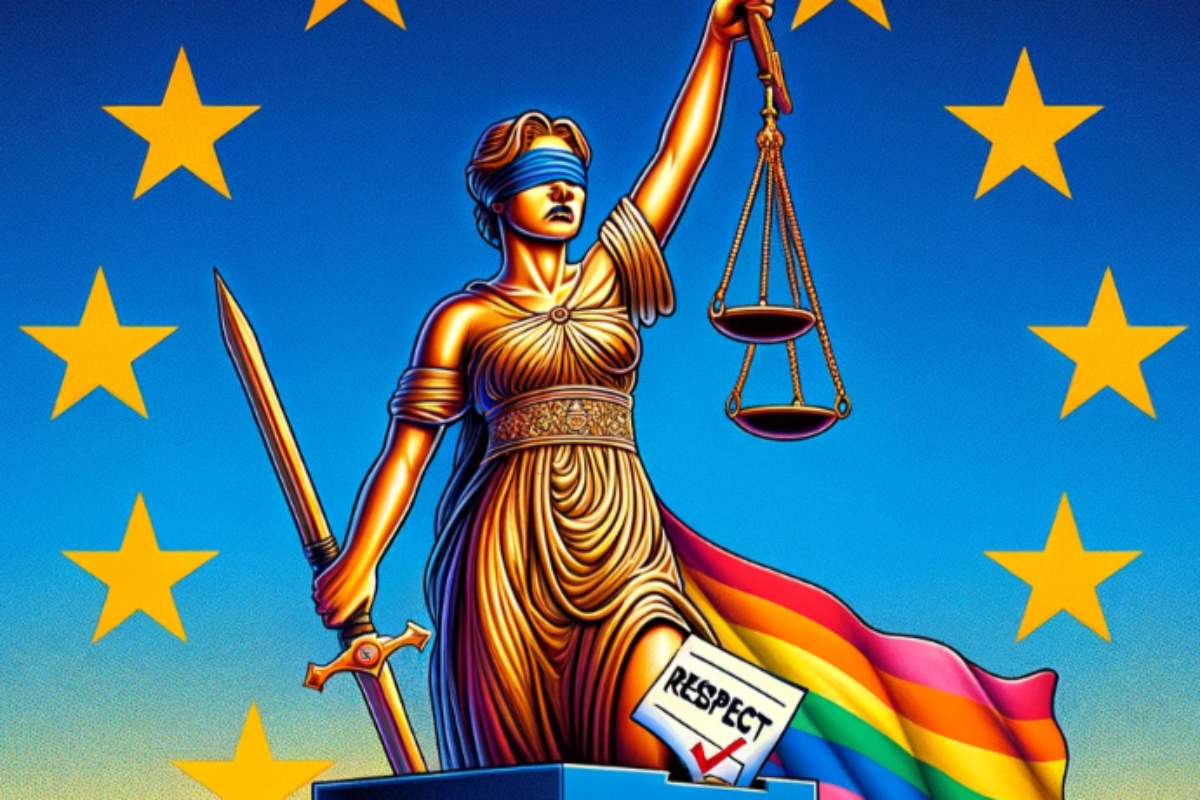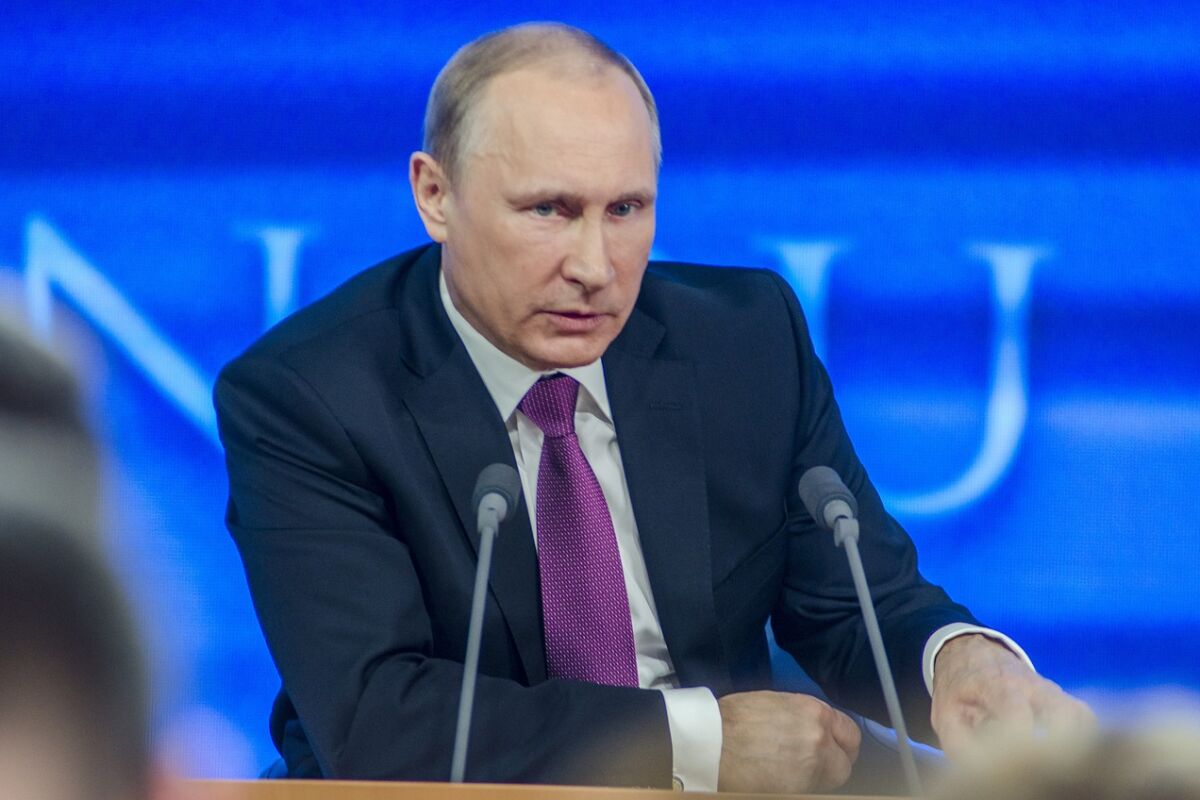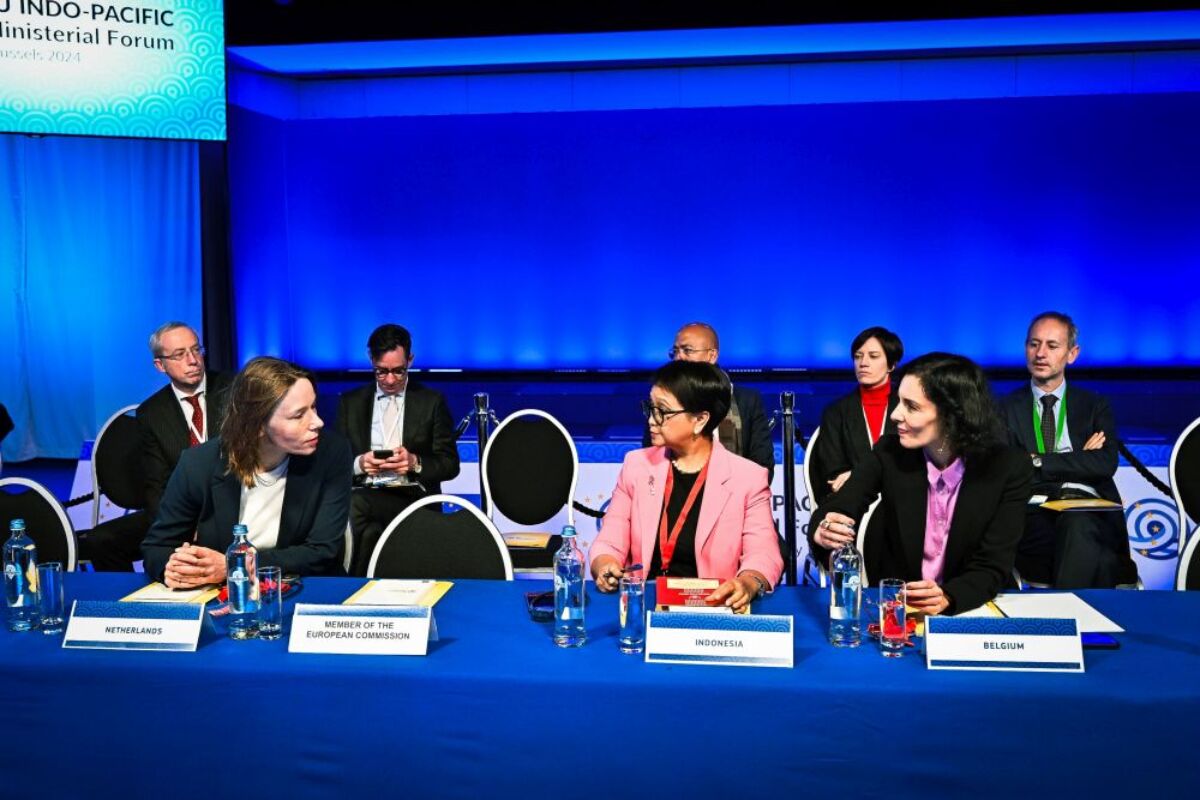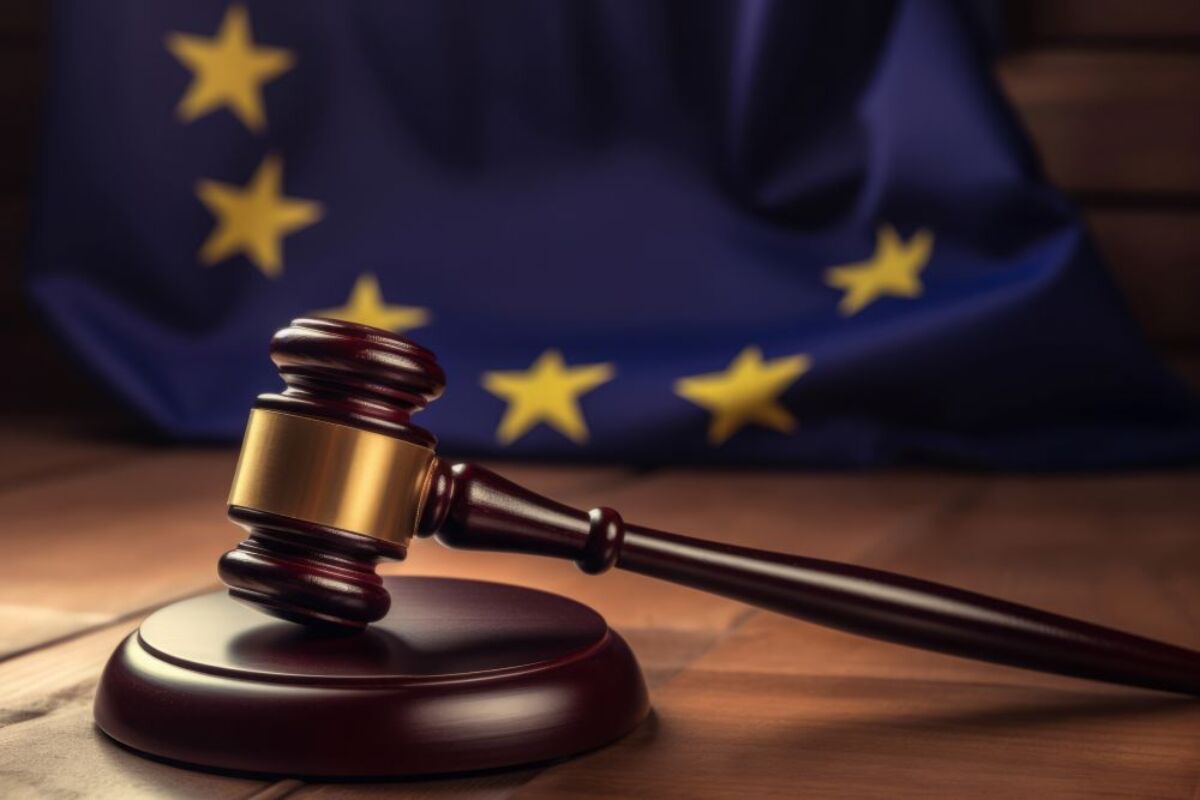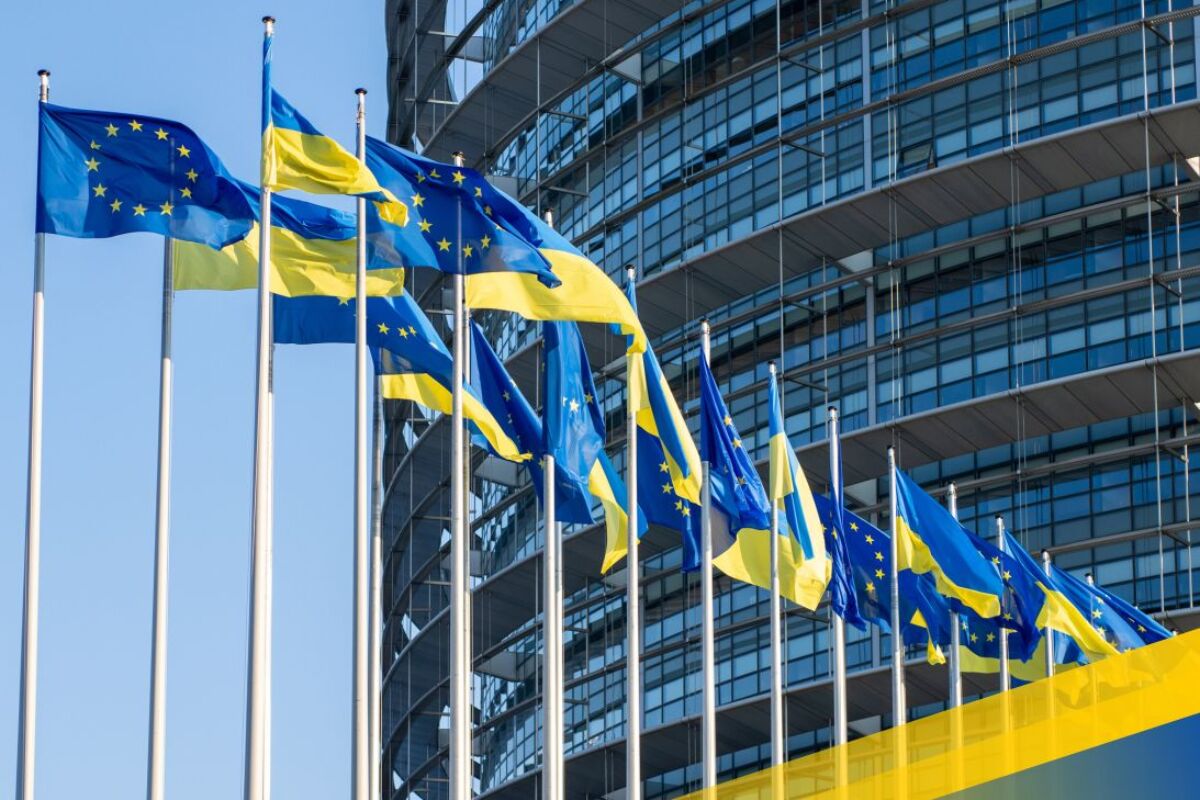After decades of widening and deepening the European Union is one member down. So far, the bruising Brexit experience has strengthened rather than weakened the cohesion of the EU-27. But, if the exit of the United Kingdom is not to mark the end of ‘ever closer union’, the EU needs to draw at least three main lessons.
Strength in unity
The European Council’s guidelines for Brexit have deliberately afforded the Commission’s Article 50 Task Force minimal flexibility in negotiating on behalf of the Union. This unity stands in sharp contrast to the deep splits in the British body politic. Repeated attempts by the UK government to play individual EU members off against each other have come to naught. For a crisis-ridden EU that is otherwise so easily divided by foreign powers, this is an uplifting experience. It has triggered an extraordinary sense of solidarity among the EU-27 in seeking to protect their citizens’ acquired rights and free movement arrangements for Northern Ireland and Gibraltar. If economic and regulatory power define its core, the EU is a political endeavour that goes well beyond the single market. The case of Ireland shows that being an EU member can give a country both extra protection and clout to further its national interests.
Interdependence cannot be denied
Brexit has revealed just how deeply integrated all European polities and economies have become since the UK joined the then European Economic Community 47 years ago. All the slow and painful adjustments that were required to participate in the EU cannot be undone at once. Somehow the aeroplanes have to keep flying and the goods have to keep moving. Finding ‘frictionless’ solutions for Northern Ireland and Gibraltar are just extreme examples of this challenge.
The diehard Eurosceptic might nod along, agreeing that these past three years have exposed the truth about the EU, i.e. that it is a ‘Hotel California’, where you can check out but never leave. It ain’t. If Brexit shows anything it is that the EU is not an empire that holds its subjects back by force. The UK can choose to leave the Union, but extricating itself from any market, whether European or global, will come at a price. The EU too will have to accept that interdependence is a double-edged sword – it will be weakened by the UK’s departure. The UK was a pragmatic, dynamic and liberal-minded member with a vibrant economy and strong foreign and security policy capabilities that brought the Union prestige and credibility. As neither side controls the content of their future relationship, the responsibility for limiting the damage of the divorce lies with both. The EU should be wary of the downsides of an overly legalistic posture, especially in areas where British involvement would directly benefit the Union, notably security and defence.
EU debates are won or lost at the national level
While the Brexit debacle reveals just how difficult and costly it is to insist on the false notion of sovereignty, this will not stop populists like Viktor Orbán, Jaroslaw Kaczyński and Matteo Salvini from pretending the contrary.
For now, the political mess Brexit has created in the UK and the insecurity it has generated for business have prevented a domino effect of exit movements across Europe as it has helped people recognise the EU as a force multiplier in an increasingly hostile international environment.
But if the populist tide has been receding in many parts of the continent and recent polls show an increase in the popularity of the EU, this is no time for hubris. Europhiles should recognise that the EU’s woes have contributed to the vote for Brexit. The mishandling of the eurozone crisis, member states’ failure to adequately deal with refugee and migration flows, and the EU’s long-standing problems with legitimacy and democratic representation were all prominent features of the Leave campaign.
Brexit should serve as a warning to all as to what happens when ordinary people see the EU as distant, unaccountable and out of touch. The same social and political forces that are causing the deep political divides in the UK are still a menace across much of Europe. The real test for the EU will come when the next crisis arrives, as it will, and national governments again use the Union as a scapegoat for many of their own failings. It takes national leaders to make the case for the EU. Too often, heads of state or government representatives do not own up to the decisions they collectively take around the negotiating table.
The EU needs to change and work from the bottom up, representing citizens better to defend a Europe in which the next generations can thrive in the new world that they will inhabit. In this respect, the Conference on the Future of Europe, set to kick off on 9 May, should not to be reduced to a tokenistic exercise for and by the ‘EU bubble’. The voices of citizens and civil society need to be heard, loud and clear, or they may start calling for their national governments to ‘take back control’.








